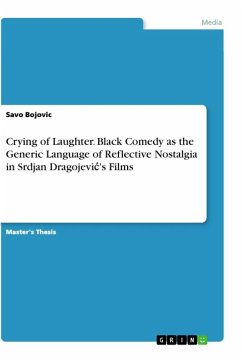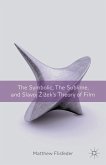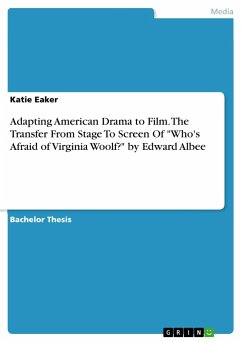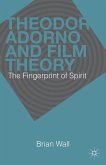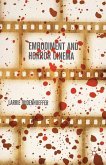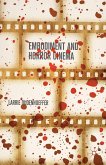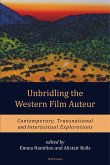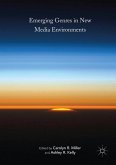Master's Thesis from the year 2019 in the subject Film Science, Eötvös Loránd University (Institute for the Theory of Art and Media Studies), course: Film Theory, language: English, abstract: The purpose of this study was to look at black comedy as the generic language of choice in depicting qualities of reflective nostalgia, in the context of Yugoslavia's break-up and as present in the films of Srdjan Dragojevic. The key theoretical foundations of this study were found in Svetlana Boym's (2001) distinction of nostalgia-building efforts and sentiments, as well as in Juan F. Egea's (2013) research on the presence of dark humor in the Spanish comedies of the post- Franco era. Based on insights gained, a textual analysis of four of Dragojevic's films (Pretty Village Pretty Flame (1996); The Wounds (1998); The Parade (2011); and Holidays in the Sun (2014)) was conducted, as means of identifying and investigating the main filmic devices that Dragojevic employed in expressing one (nostalgia) through the other (black comedy). Tools such as character caricaturizations, shot-framing, presence of mockumentarized content, and the selection and use of musical choices were employed as factors of analysis. Although thematically and chronologically (i.e. the time of production) different, the films were all found to represent such common features, further enhancing the idea that black comedy's potentialities for expressing nostalgic feeling are broad in nature and form of expression - as well as valid in inspiring future research on the topic.

